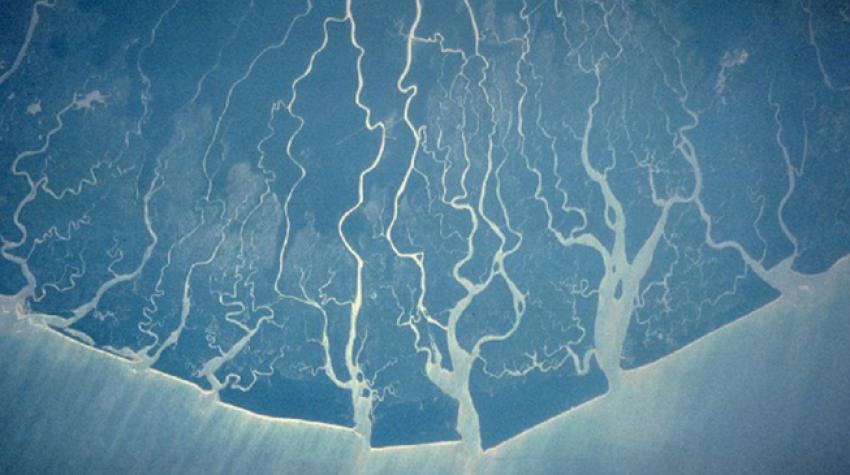
Mobilizing the Global Community to Achieve SDG 14
We cannot continue, let alone accelerate, the changes we are causing to ocean ecosystems. That is why the United Nations system is working with Governments and international, private sector and civil society organizations to strengthen governance structures and promote the implementation of international legal instruments and various management tools, such as integrated coastal zone management and marine spatial planning, and to facilitate a coordinated approach to the application of law and policies for environmental protection and sustainable economic development.

We Must Protect the Bounty and Beauty of the Sea
As the United Nations Goodwill Ambassador for Biodiversity, I have travelled the world speaking to people about the defining challenge of our generation: bringing the way we live into a sustainable interaction with our planet.

Know Your Ocean. Love Your Ocean.
On my extensive voyages across the globe I have discovered that it is the same story everywhere—not only in the gyres, but all the way from the Tropics to the Arctic. Our oceans have become a fine soup of plastic fragments.

Tourism: Committed to Preserving Life below Water
Tourism could become one of the best tools to further the protection of oceans and seas globally, and the private sector could play a crucial role. Hotels could sponsor campaigns raising awareness about the fragility of the oceans and foster initiatives informing travellers about marine life and species such as dolphins, whales and coral reefs.
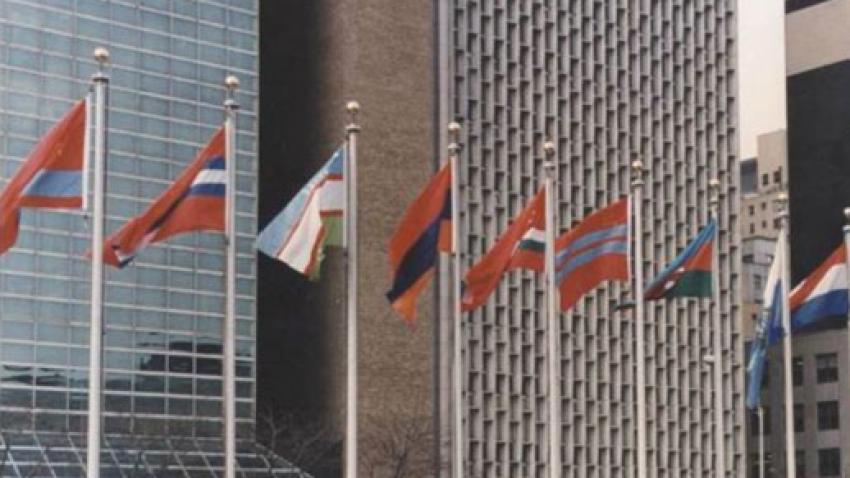
Twenty-five years at the United Nations: My Journey
There are probably moments in everyone's life when you experience an extraordinary feeling of elation, a particularly high sense of meaning in life, when you feel an integral part of your country and people. I experienced such moments of excitement and joy 25 years ago, on 2 March 1992, the historic day when the Republic of Kazakhstan was admitted as a newly independent State to membership in the United Nations.
China's Embracing Innovation Leads to the Future
What is behind the legacy of China? The country's emergence from a weak to a strong power has not been an indisputable fact. It is important to understand, however, if this change and the country's rise was a sudden phenomenon, or if it was based on a deep historical and cultural foundation.
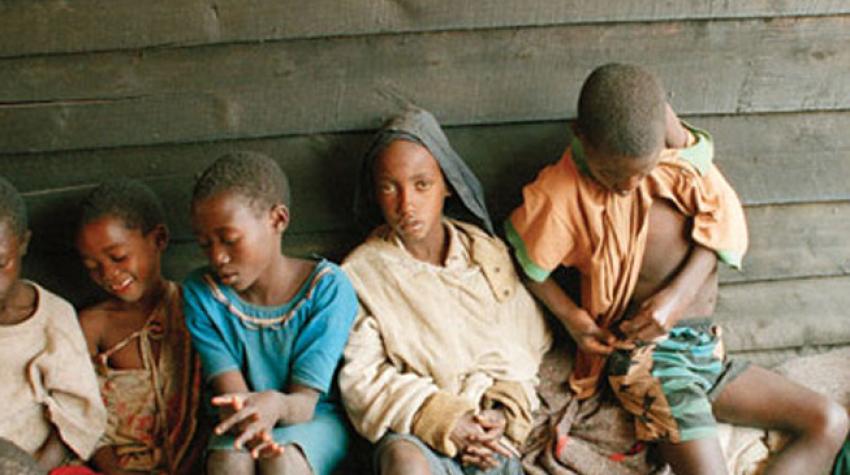
Protecting Vulnerable Populations from Genocide
One day before the adoption of the Universal Declaration of Human Rights on 9 December 1948, the General Assembly adopted the Convention on the Prevention and Punishment of the Crime of Genocide. The adoption of the Convention was full of symbolism and reaffirmed the gravity of the crime it addressed. It demonstrated the commitment of the international community to ensure both the prevention of genocide and the punishment of its perpetrators when the crime could not be prevented. The Convention defined genocide as any particular offense committed with intent to destroy, in whole or part, a national, ethnical, racial, or religious group.
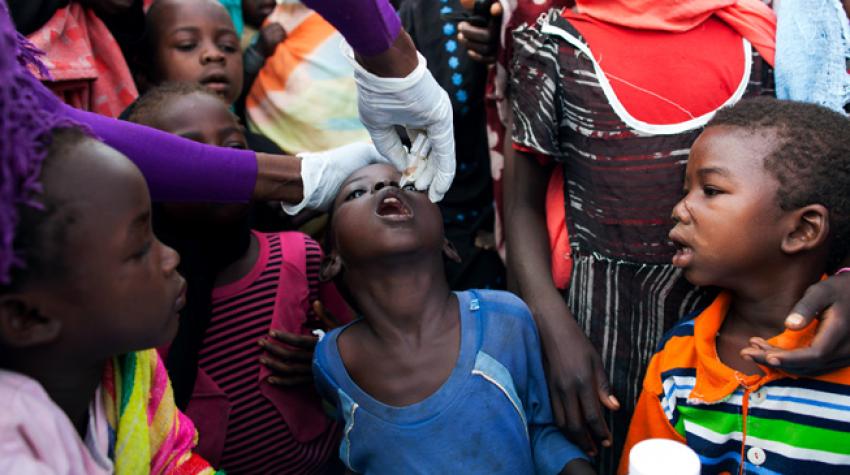
Half a Century of a Right to Health?
If the laudable and ambitious health goals of the International Covenant on Economic, Social and Cultural Rights are to be realized in time for its centenary celebrations, much more vigorous and inventive efforts will be needed, to ensure that every child and young person does indeed enjoy the highest attainable standard of physical and mental health throughout their lifetime.
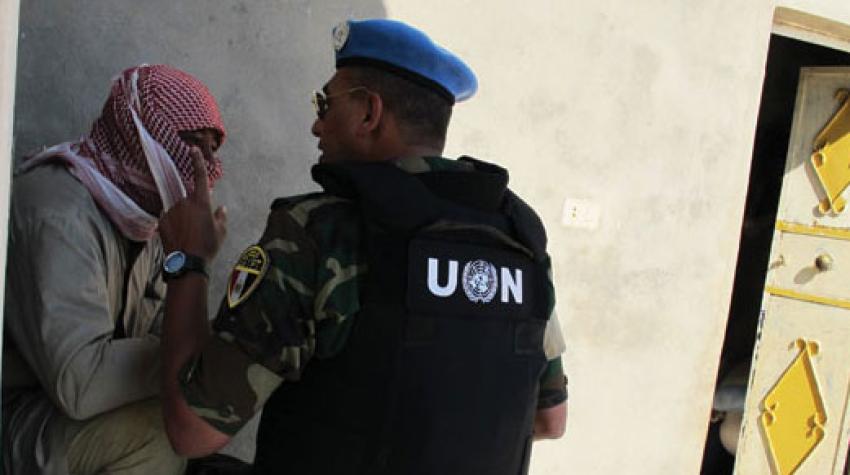
Human Rights, Mass Atrocity Prevention and the United Nations Security Council: The Long Road Ahead
The fiftieth anniversary of the International Covenant on Civil and Political Rights and the International Covenant on Economic, Social and Cultural Rights, both adopted in 1966, provides an opportune moment in history to review the progress on the issue of human rights promotion and examine the Security Council's overall effectiveness in protecting human rights.
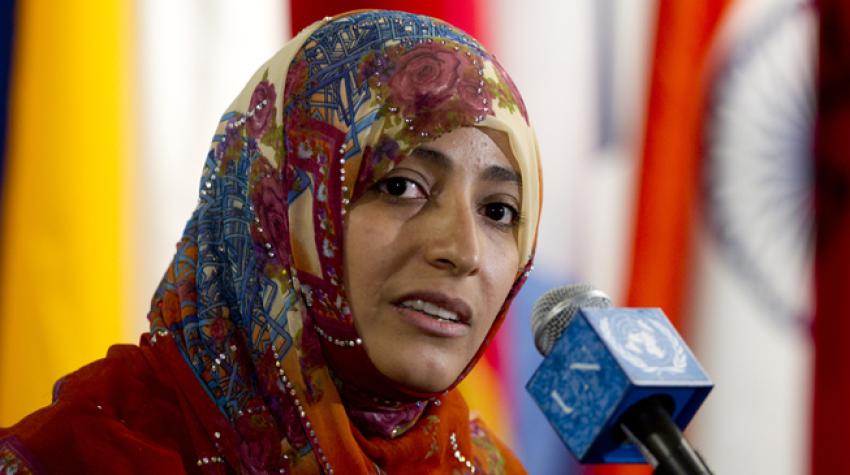
Women and the Arab Spring
The battle that women must wage today should not be one aimed at personal gain but one that will free societies from fear, poverty and tyranny. The promotion and protection of human rights, freedom and democracy are the right way for women to obtain equal rights.
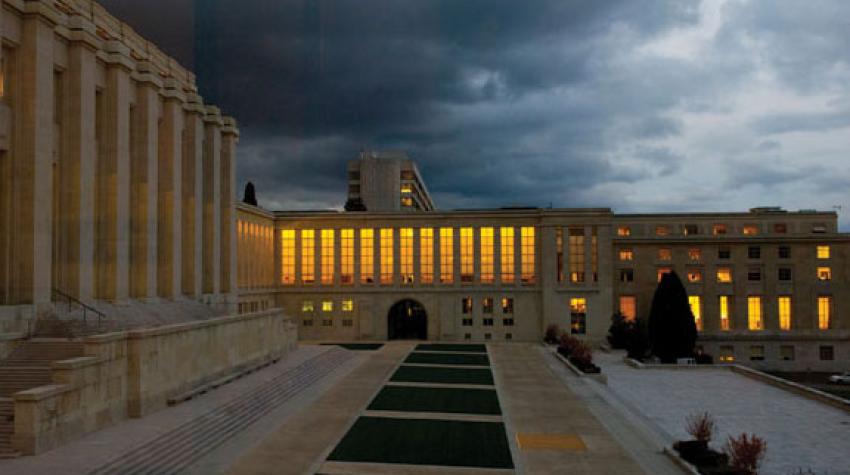
From International Law to Local Communities: The Role of the United Nations in the Realization of Human Rights
Human rights have been the most dominant driver of change in the post-Second World War period and particularly since the end of the cold war in 1989. This article outlines the impact the Covenant on Civil and Political Rights and the Covenant on Economic, Social and Cultural Rights have had on the pursuit of human rights worldwide and the path forward at a time when the human rights regime is being challenged.
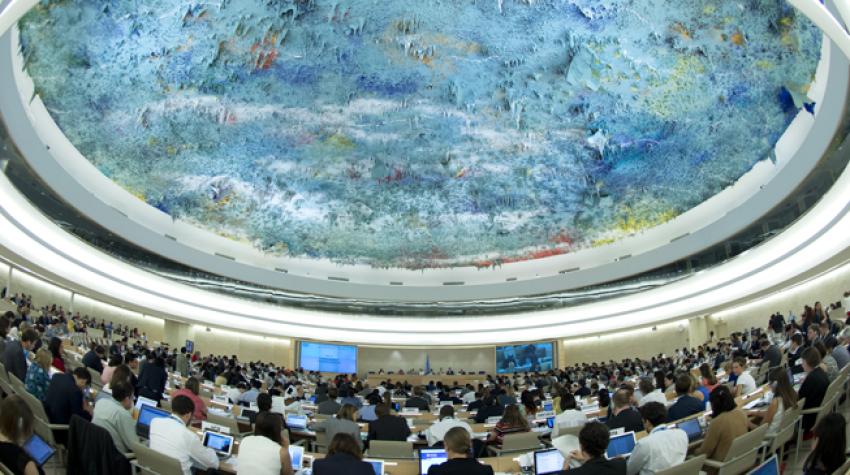
Protection of Human Rights under Universal International Law
The United Nations was founded in the aftermath of the Second World War primarily as a guardian of peace and security in the world. From the very outset, the founders were aware of the close connection between peace and human rights: only under conditions of peace can human beings achieve full enjoyment of their rights. Never again should people be haunted by atrocities; never again should they become the victims of such genocidal policies as had devastated societies throughout Europe.
